The latest grocery share figures from Kantar Worldpanel showed the British grocery market returning to slow growth, after a disappointing Christmas period.
The figures, published today for the 12 weeks ending 31 January 2016, showed a take-home sales increase of 0.2%.
For the first time since 2011, The Co-operative (Co-op) was the fastest-growing non-discounter, increasing sales by 1.4%. The convenience-focused grocer grew its own-label sales by 7%.
The Co-op was the most frequently visited major supermarket – its customers shopped there an average of almost 19 times over the past 12 weeks, compared with a market average of 11 visits. Its market share remained stable at 5.9%.
Meanwhile, recent trends at Aldi and Lidl continued. Fraser McKevitt, head of retail and consumer insight at Kantar Worldpanel, said: “Both the discount retailers saw their growth accelerate – Lidl to 18.7% and Aldi to 13.7%. Both saw their share of the market increase by 0.7 percentage points, with Lidl’s rising to 4.2% and Aldi’s to 5.6% – a dip from the 10% combined market share high they experienced at the end of 2015. We can expect both retailers to continue to take market share this year as they fulfil their plans for more outlets.”
Sainsbury’s increased its sales for the sixth period in a row, growing by 0.6% with a resulting market share increase of 0.1 percentage points to 16.8%. Meanwhile, Tesco showed signs of improvement: while revenues fell by 1.6%, these are the best numbers posted by the retailer since September of last year.
On the up
At Morrisons, the sales decline lessened to 2.2%, while market share fell by 0.3 percentage points to 10.8%. The retailer’s revenues will continue to reflect its disposal of 140 M Local stores, and the closure of some larger outlets through the rest of 2016. Asda’s recent announcement of renewed price cuts has not yet had time to affect its figures, with sales falling by 3.8% and share falling back to 16.2%.
While Waitrose’s market share remained static at 5.2%, sales increased by 0.1%. This made it the 91st consecutive period of growth for the retailer – the longest current run of success for any supermarket.
Grocery inflation stood at -1.6% for the 12-week period ending 31 January 2016. This was the 18th consecutive period of grocery price deflation.






















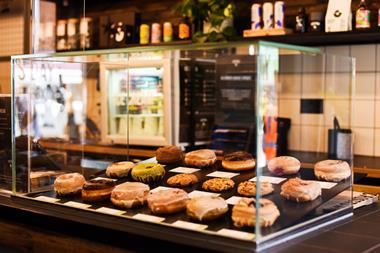
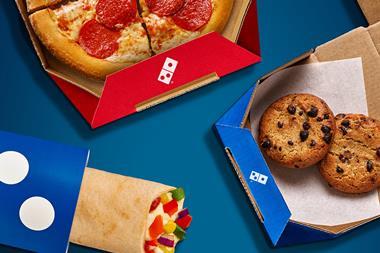
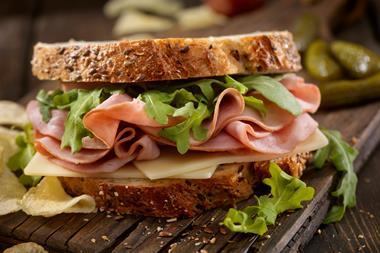
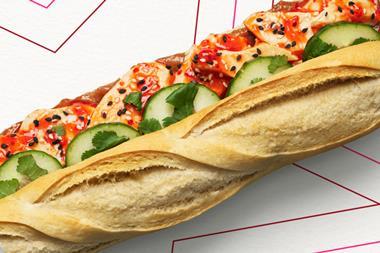
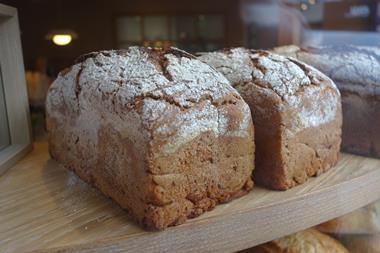
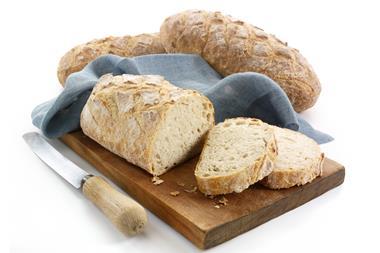
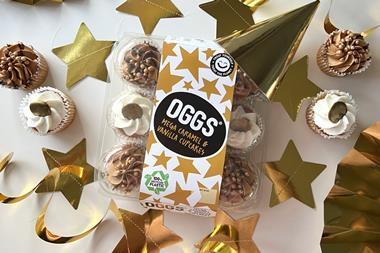




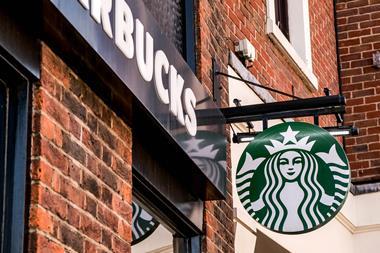

No comments yet